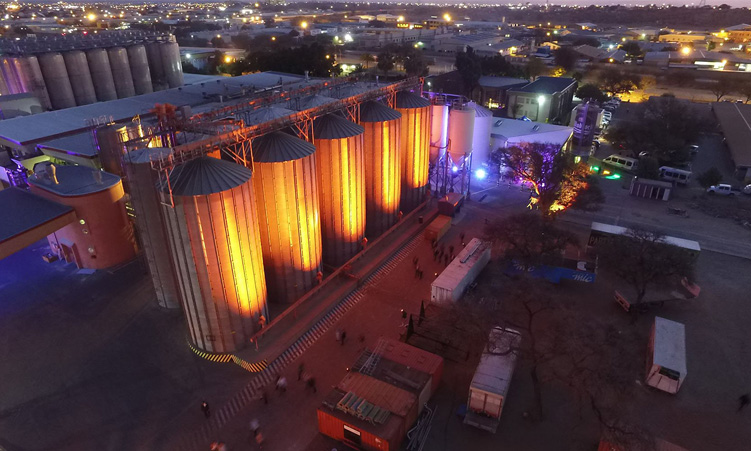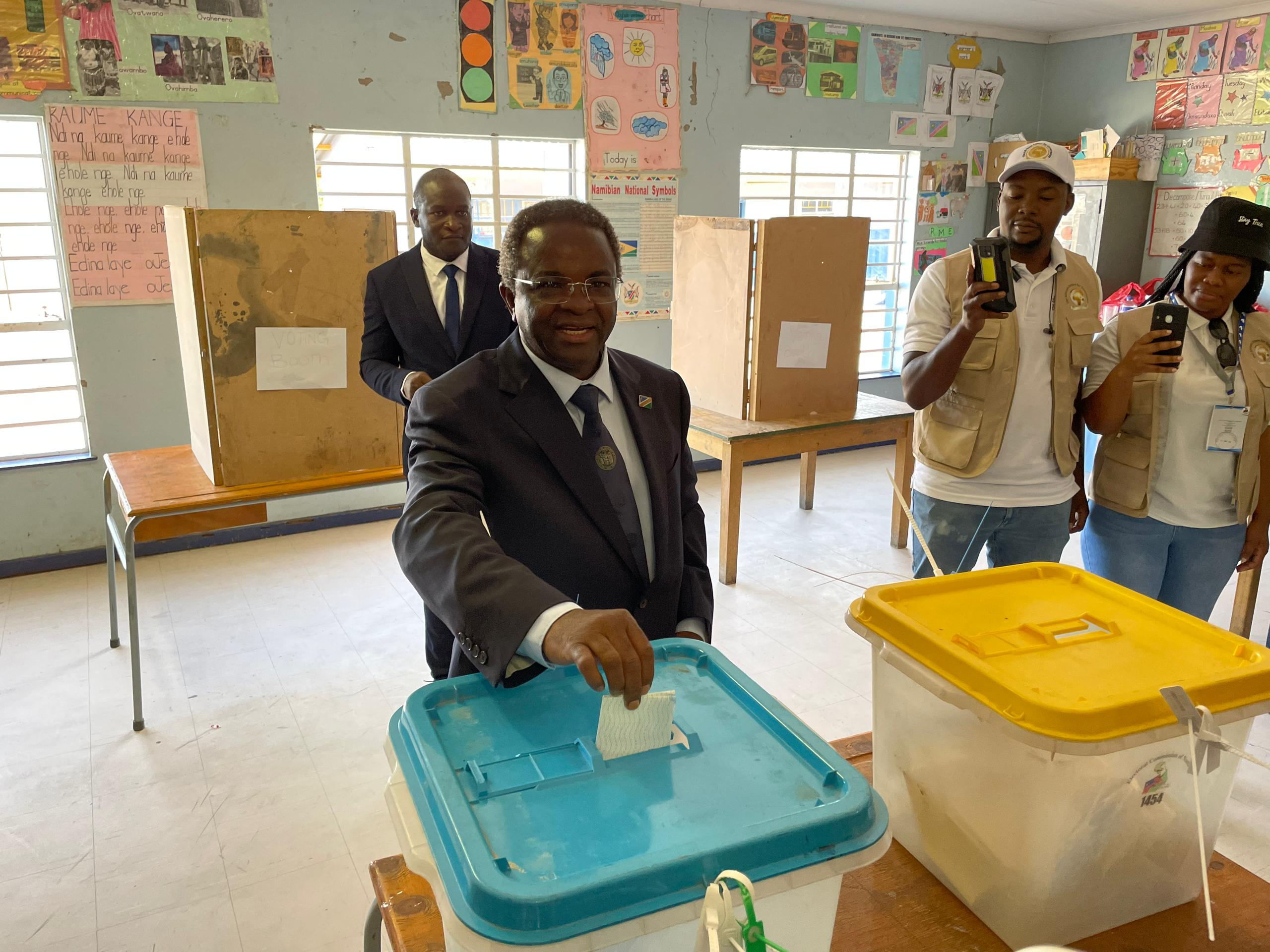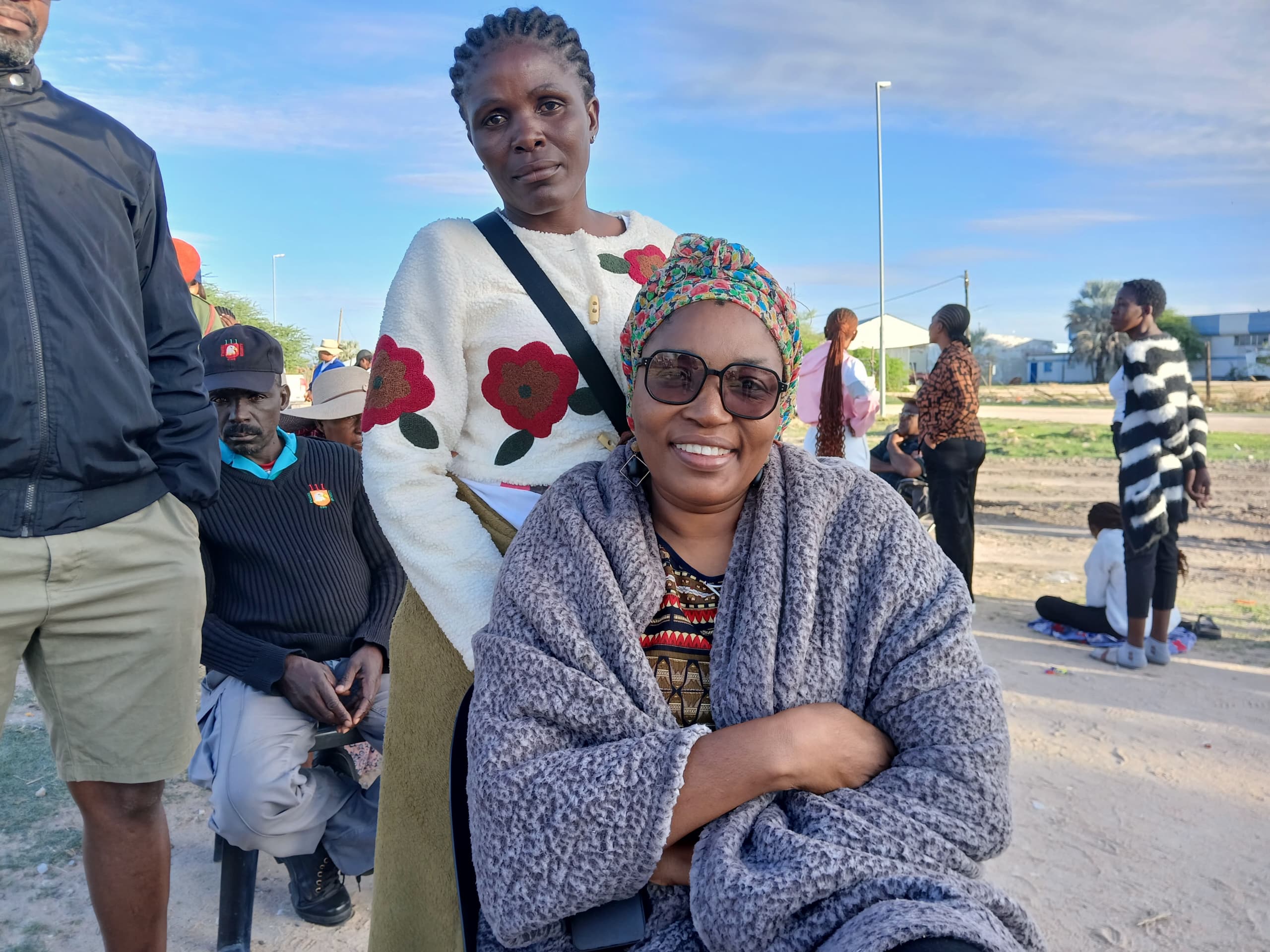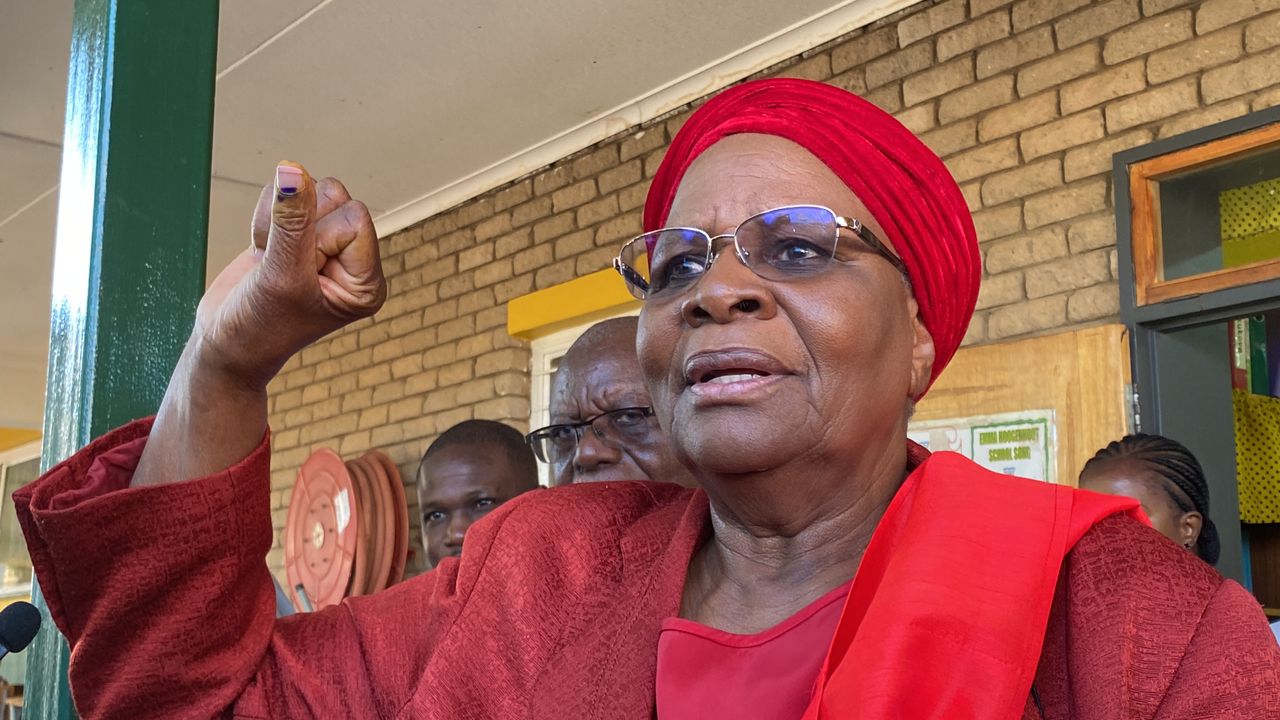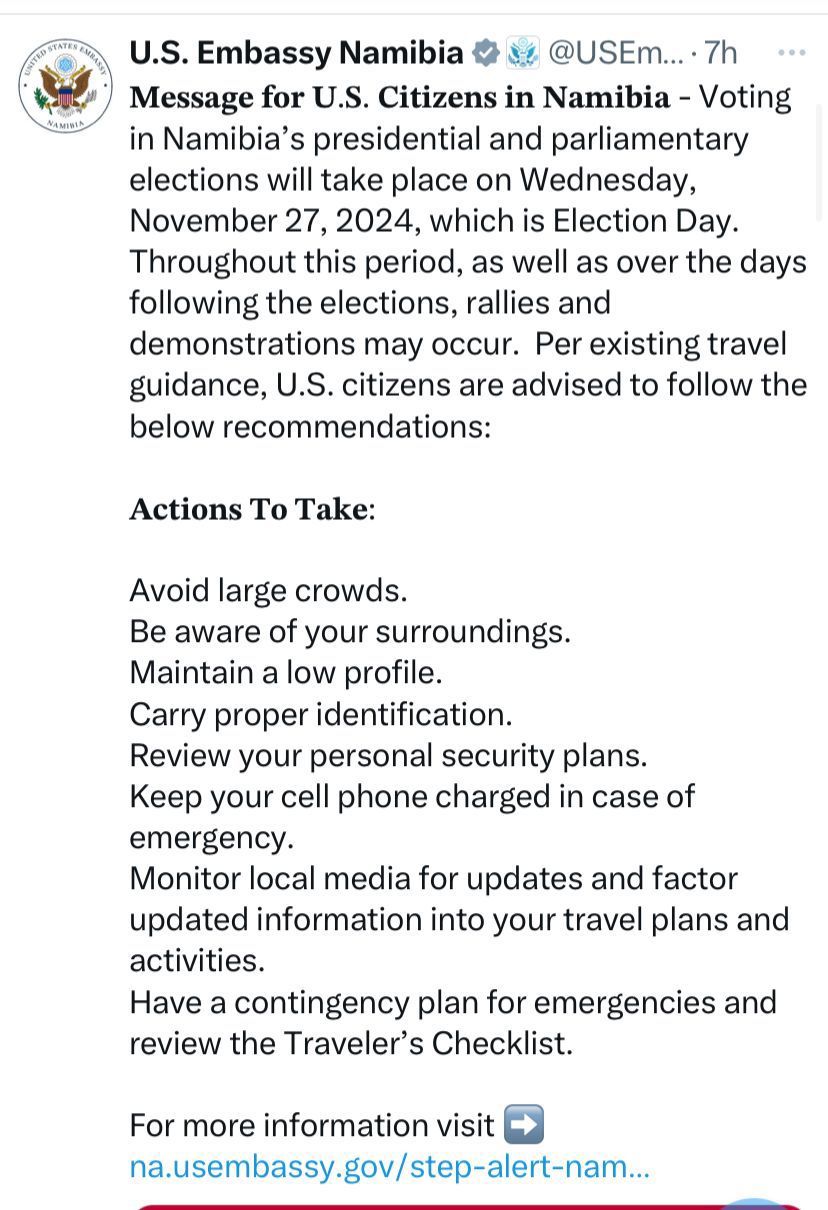…City charges more for water amid ‘severe scarcity’
Namibia Breweries Limited (NBL) is one of the businesses in Windhoek that has opted to exploit borehole water amid increasing concerns of water shortages.
The local brewery currently uses 4,4 litres of water to produce one litre of beer.
“Upon receiving our water permit approval from the City of Windhoek on 10 April this year, we have drastically reduced municipal water by at least 70%,” NBL spokesperson Surihe Gaomas-Guchu recently said.
“NBL has been fortunate in that we have not experienced any direct financial loss due to the current water scarcity and drought restrictions,” she added.
So far, companies from 14 industries in Windhoek depend on boreholes for their operations, amid the severe drought and water restrictions.
Namibia has been powering through El Niño, which has led to water scarcity, reduced food availability and disease outbreaks.
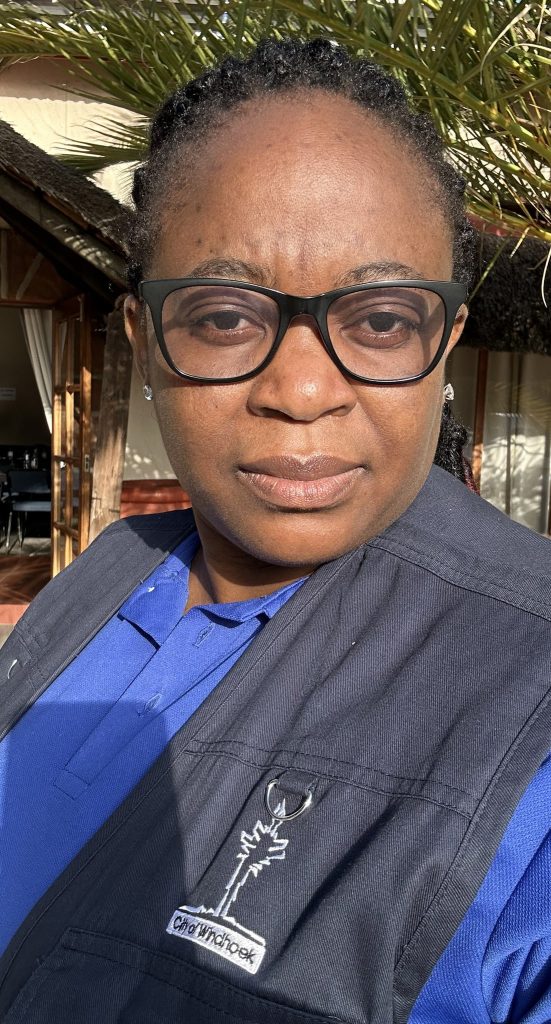
City of Windhoek spokesperson Lydia Amutenya last week confirmed that in the bounds of the municipality, they allowed 14 industries to drill and use their own boreholes.
“The city has approved an increase in the allowable abstraction for these businesses, to help reduce the pressure on the limited available water supply. The overall water supply to all clients remains unchanged,” she said.
Businesses with their own boreholes abstract approximately 1,2mm3 per annum from these boreholes.
“Currently, the borehole scheme operates at 8,5 million cubic metres per annum,” Amutenya said.
The overall water demand in the capital grows at an average rate of 3% annually.
“This year, we expect the total demand to be 26 million cubic metres. This year’s expected demand of 26mm3 translates to 26 billion litres, compared to last year’s consumption of 24 billion litres,” she said.
The City of Windhoek manages 36 boreholes around the city, with an average of 27 boreholes operating continuously.
The municipality’s long-term sustainability programmes includes plans by NamWater to construct a pipeline from the Okavango River.
“Upon completion, water will be piped from the Okavango to Grootfontein and then conveyed via the eastern national water carrier, open canal, to Omatako Dam.
“From Omatako Dam, it will be pumped to Von Bach Dam,” Amutenya said.
The Ministry of Agriculture, Water, and Land Reform says they are extending water supply lines to farming land.
“Our initiatives are far-reaching, extending water supply to farmers who are vital business owners in their own right. This includes extending water pipelines to farmlands and drilling boreholes to support farming activities,” ministry spokesperson Jona Musheko said two weeks ago.
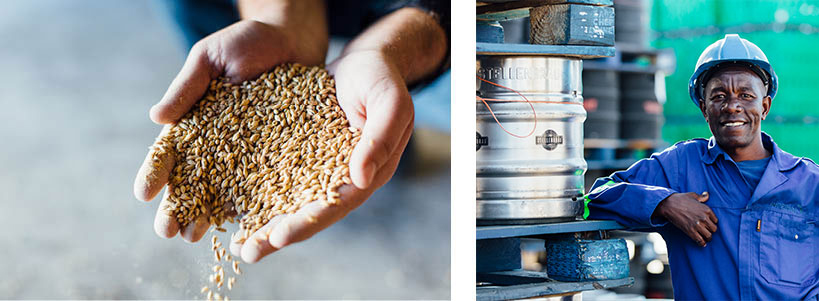
A smaller business, Okhao Investments Carwash, says they aren’t affected by the water restrictions.
“We are fine as long as our water doesn’t flow into the street,” says car wash employee Johanna Simon.
Simon says they have a place to drain the used water, which ensures that the water flows into the municipality’s water system.
During the recent mining conference, Chamber of Mines of Namibia chief executive Veston Malango said there’s no water security threat for the upcoming uranium mines and expansions.
“However, for the bigger picture in the Erongo region, we need more water. Osino (Canadian gold exploration company) is coming up. They will initially rely on underground water, and then we are talking of water demand all the way to Uis,” he said.
Andrada Mining, which owns the Uis Tin Mine, also needs more water, he added.
Stay informed with The Namibian – your source for credible journalism. Get in-depth reporting and opinions for
only N$85 a month. Invest in journalism, invest in democracy –
Subscribe Now!


